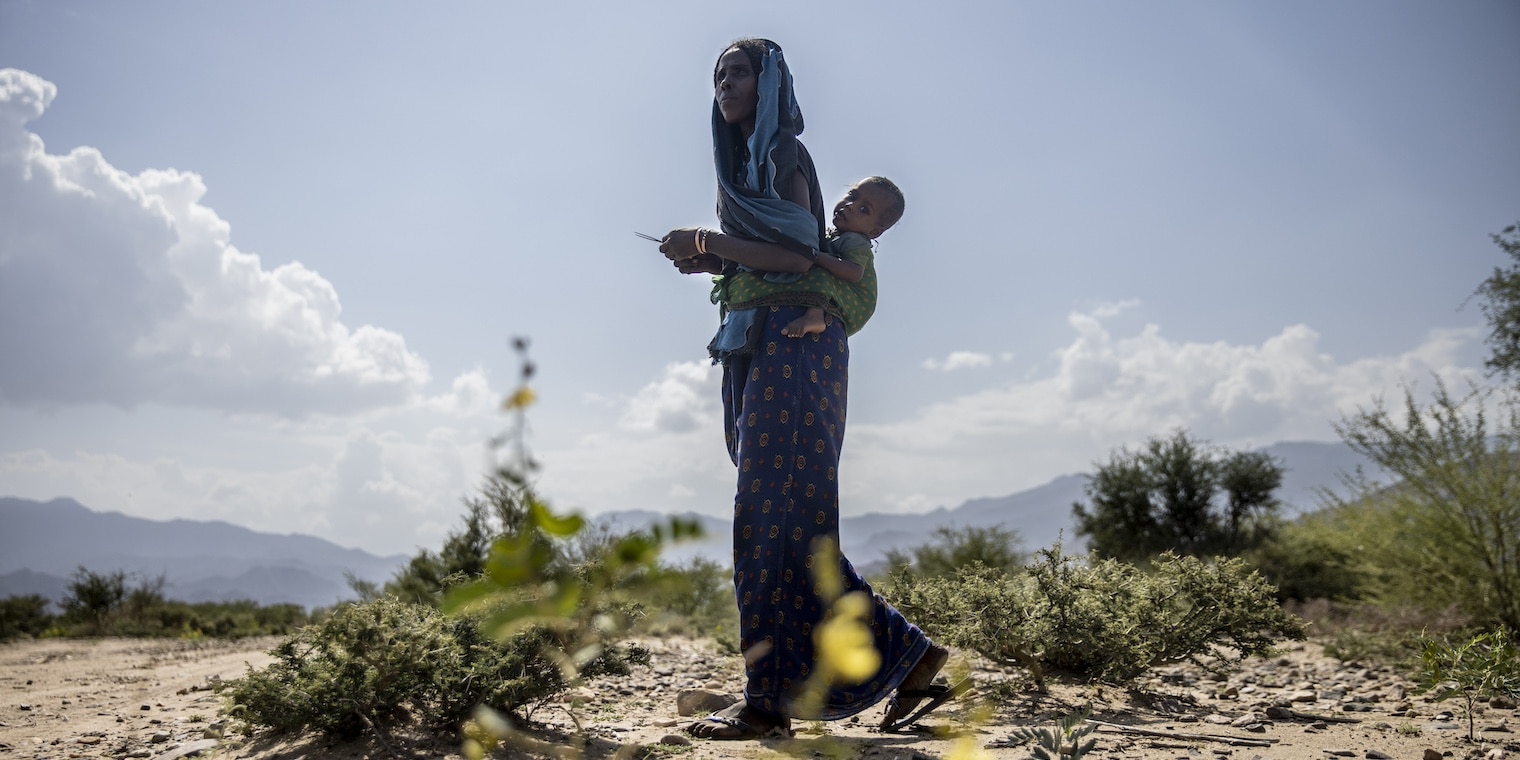The stakes for the world’s health have never been higher. Our ability to meet the challenges depends on whether the men and women on the ground have what they need to do their job. Project HOPE is committed to empowering health care workers to provide expert care.


